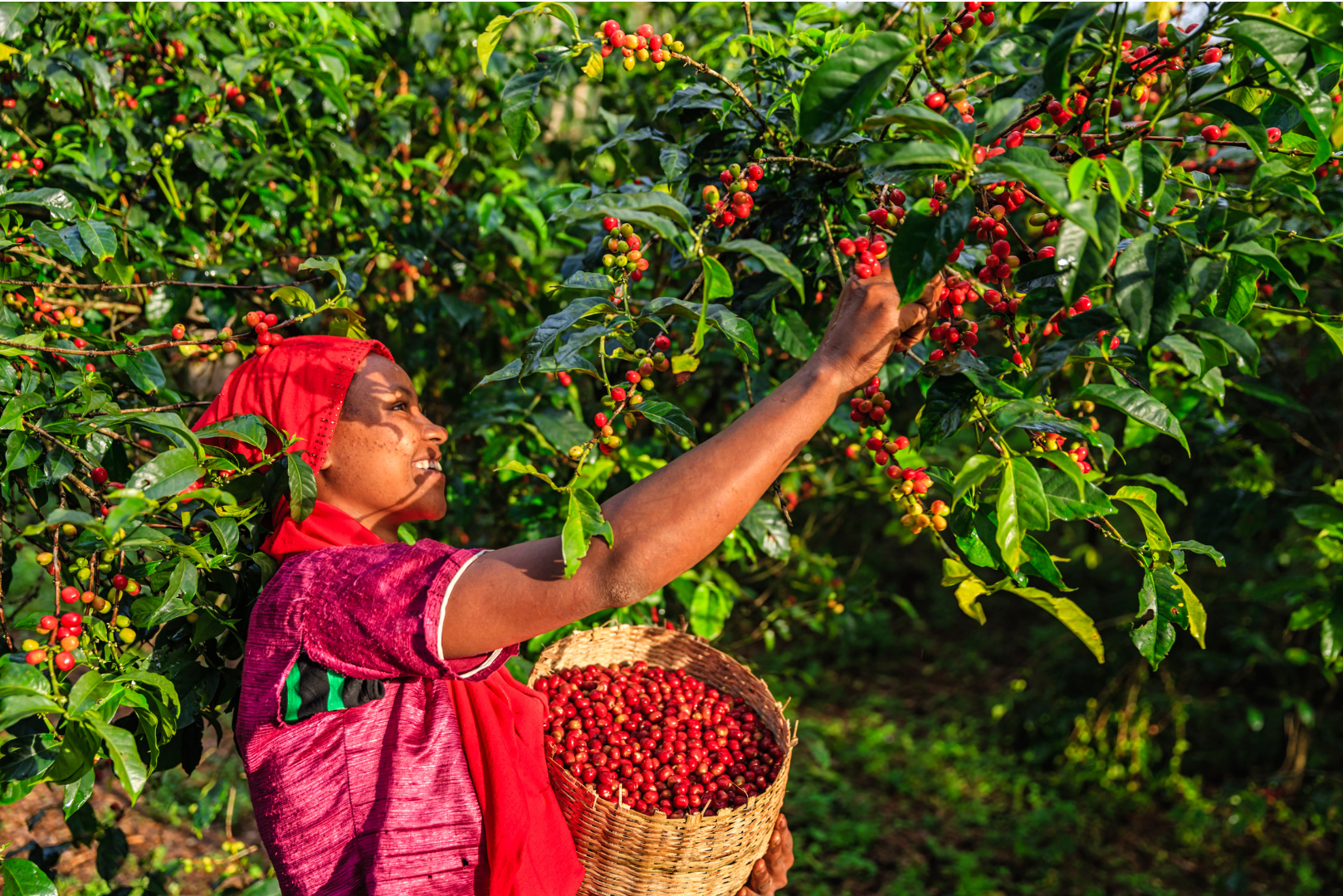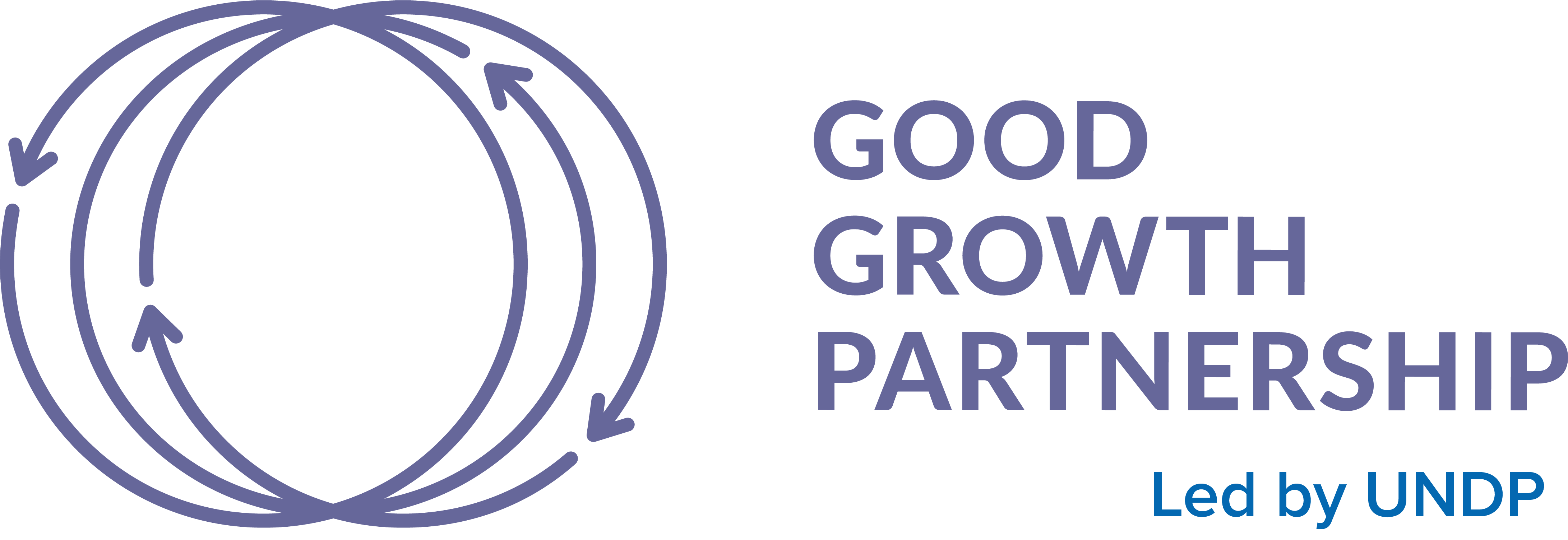
_____________
By Simon Cooper, United Nations Development Programme
If we are to truly transform food systems, everyone must be involved. That was the message of the Addis Ababa workshop “Mastering Private Sector Engagement” that UNDP’s Food and Agricultural Commodity Systems Community held for the coffee and forestry sectors in Ethiopia, under the banner of the World Bank’s GEF funded FOLUR (Food Systems, Land Use and Restoration) Impact Program.
“There’s no better place than the birthplace of coffee to talk about how we can guarantee its future,” said Christina Archer, Senior Private Sector Adviser, UNDP Food Systems, who led the session. “When we talk about the private sector we must be careful not to treat everyone as part of a homogenous whole, in fact the business sector is very diverse, from farmer co-ops to local traders, international buyers and even supermarkets and banks. We need tailored solutions that work for all of these.”
Broad participation from the Ministry of Planning, Ethiopian Coffee and Tea Authority, Ethiopian Forest Development Unit, and agroforestry co-ordinators from the FOLUR teams in Oromia, Sidamo and South-West regions plus national and regional FOLUR staff brought a wide range of perspectives to the day-long event.
“The private sector plays a crucial role in driving income generating opportunities, creating jobs and fostering growth particularly in agriculture, forestry, and natural resource management,” said FOLUR Ethiopia Project Manager Mulugeta Worku.
Taking a step back and mapping the private sector beyond the ‘usual suspects’, delegates identified new aspects of the value chain that they could work with to maximise economic and environmental impacts. For those focused on forests new insights on honey as a forest product emerged, alongside the needs of big industrial users in paper/pulp and construction.
The coffee teams reached a more systemic understanding of their value chain by analyzing everyone involved beyond the usual multinationals (Starbucks, Tomocca, Illy, Lavazza, etc.), to include large domestic companies (Abulhakim, MIDROC, Tracon, Karchanse, etc.), small/medium enterprises (Zablon, Abba Buna, Alsam, etc.), business associations (National Coffee association, Women in Coffee Association, etc.), finance institutions (Commercial Bank of Ethiopia, Cooperative Bank of Oromia, etc.) state enterprises (Ethiopian Commodity Exchange, research centers, etc.), farmer groups (Sidama farmer union, Yirgachefe cooperatives, etc.), and the media. This showed the complexity of the change challenge.
There was also a realization of how demand is driven by factors outside the food system and beyond the FOLUR horizon—for example the drive to bring electricity and telecommunications to wider areas of Ethiopia means that timber for electricity and telecoms poles is in high demand.
Having mapped out over 100 private sector actors, the teams then categorized them, and will prioritize around 10-20 actors depending on their resource for managing relationships with them. Each of these will then have an individual tailored engagement strategy developed to outline how the team need to work with them to achieve the programme objectives.
Sorting stakeholders into groups such as “Champions” who could be energised to contribute more, or “Reluctants” who would need inspiring the build their understanding, will help to target the right message to each recipient.
New candidates for involvement in collective action included supermarkets, the media, local banks and microcredit providers. Each of these would need a custom-built engagement strategy to bring them into the collaborative effort, with clear benefits both for them and the sector as a whole.
The next stage was to determine whether any of these relationships contained risks that needed to be mitigated, and then the team decided how to connect with these new value chain players with a clear action plan. Over the coming months these will be implemented and early results will feed back to further refine the plan.
“We can’t achieve the change we need without the private sector,” said FOLUR Ethiopia Project Manager Mulugeta Worku. “The Addis Ababa event really deepened our understanding of how to involve businesses of all kinds. The boundary we draw around the ‘private sector’ expanded significantly, and that will be essential to future success for the FOLUR Ethiopia Project.”
The Addis Ababa workshop is one example of a wide range of services provided to FOLUR countries by the UNDP Food and Agricultural Commodity Systems Community, supporting the capacity development and knowledge management needs of the projects.
The Community focuses on advancing progressive practices and innovative systemic solutions in effective collaborative action and food systems governance, as well as promoting proven technical solutions in integrated landscape management, sustainable value chains, restoration, and gender responsiveness.
[Published on Aug. 18, 2025; Originally published on the United Nations Development Programme website on Aug. 8, 2025.]







